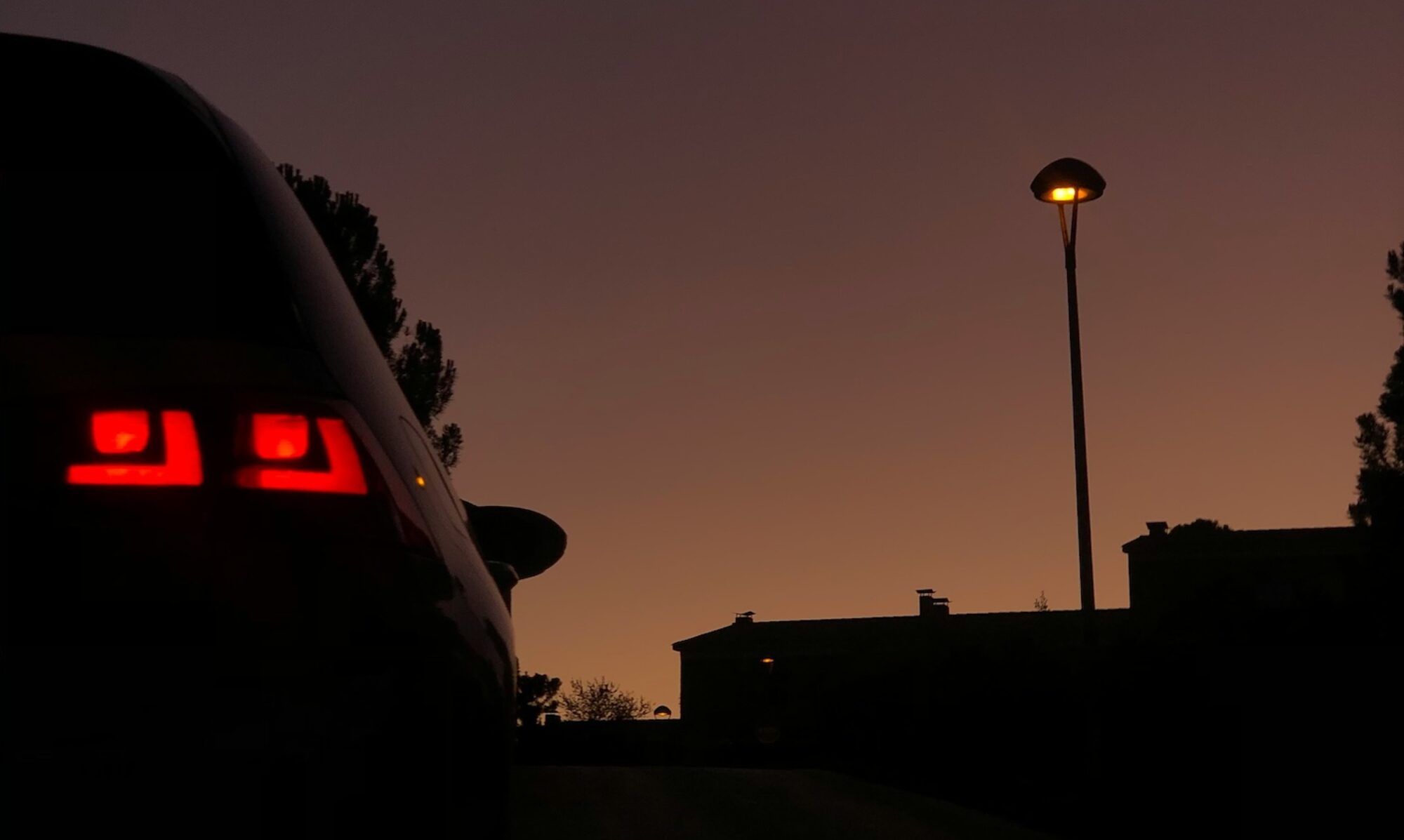 He picks up his cell phone, calls into a witty Sirius radio show on Sunday, and after only a few short seconds, he hands me the phone, and says, “What’s this?!” A look of genuine confusion had usurped his entire countenance.
He picks up his cell phone, calls into a witty Sirius radio show on Sunday, and after only a few short seconds, he hands me the phone, and says, “What’s this?!” A look of genuine confusion had usurped his entire countenance.
I put the phone up to my ear and responded with an immediate chuckle, deciphering the supposedly foreign sound. I realized that my clearly, budding-in-maturity teens, living in this digital age of abundant texts, Tweets, selfies and Snapchats, are quite possibly still ignorant of the infamous, decades-old, non-melodic “busy signal.”
“A busy signal? What’s that?”
Yes, even in 21st Century America, where cell phones often come as an extra bodily appendage, we are not used to someone or something being unavailable… too busy to talk to us… unable to be contacted, found, or Googled on an immediate whim. We aren’t used to “busy signals.”
We also aren’t used to something else — perhaps something even more significant. We aren’t used to being ignorant; better yet, we aren’t used to admitting our ignorance.
Friends, to say that one is ignorant is not an insult. To be ignorant means there is something we don’t know. Let me be clear: there are lots of things we don’t know! I’ll speak for myself… I don’t know how to fly a plane… I can’t ice skate (woe is me)… and I have no idea how to teach either rocket science or complex music theory.
Granted, there are lots of things I do know — lots of things, too, I have learned because I am responsible for their activity or for what happens in that area — but I had to be intentional, take the time, and humble myself enough to learn what I needed to know. We should also note, no less, that when the topic or task is something we are responsible for, then our ignorance may actually be a weakness. But when the topic or task is outside the realm of our responsibility, our ignorance is evident of neither shortcoming nor failure.
My sense, however, is that far too many are unable to admit that of which they are unaware. These persons may be highly intelligent. They may be our leaders. But neither intelligence nor leadership automatically equates to wisdom — especially if there exists an inability to admit ignorance.
Much of this seems happening in the world today. I see it in America’s current, shaky, foreign policy approach. I see the world crumbling. Just this weekend, I ran into a young woman who said, “Is it just me, or does it seem like the world is falling apart? America doesn’t seem to know what she’s doing.”
Not knowing what we’re doing… not knowing.
Friends, I don’t claim to know all the right approaches. I am ignorant in many of these areas. Now while I do attempt to humbly educate myself on what I do not know, let me also add that the areas are not my responsibility; hence, my ignorance equates not to weakness.
Thank God I’m only dealing with busy signals. And thank God my son had no issue admitting what he did not know.
Wishing more would humbly do the same…
Respectfully…
AR


